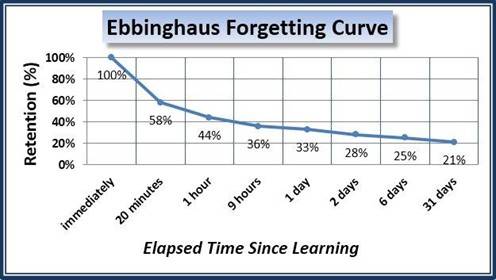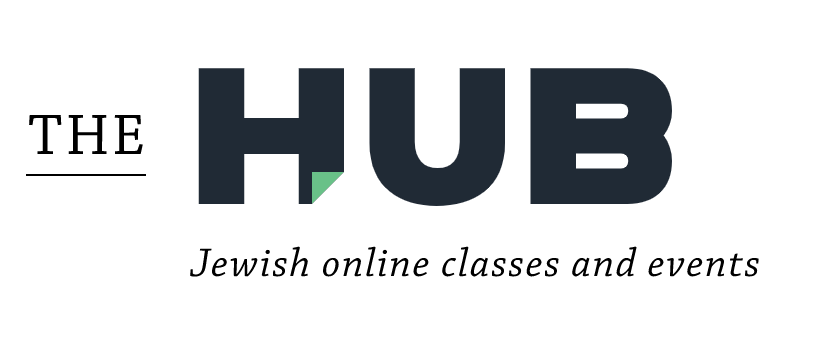The Latest From The Foundation
Dispatches from the network and updates from the Foundation.
View Category
COVID-19
I watched him change daily. As he became physically weaker, he also became luminous, glowing, and the fullest, truest, most beautiful version of himself. It was a sacred privilege to accompany him on this journey. With clarity, consistency, and honesty, we shared miraculous moments and found beauty in unexpected places.
The weeks and then the months piled up and most Mondays we opened the new week with a collective deep breath before moving forward with our work, even if how far forward we could plan remained unclear.
"We have quite a valuable lesson to learn from our Israeli sisters and brothers. Let us all remember the sacrifices made by us and so many others as we celebrate the post-COVID world that although it may tarry, is sure to come."
“For everything there is a season, and a time to every purpose under the heaven.” ( Ecclesiastes 3) Has the “time to heal” finally arrived?
18
Jan 2021
Finding Opportunities to Exercise Leadership During the Pandemic
WIF Alum Yoav Zuckerman (Class 16)
Last April, we experienced the first COVID-19 lockdown. We were trying to make sense of the events that were unfolding across the globe and to assess the immediate impact on our organizational and personal lives.
I am a certified divorce coach, something I never announce without also adding in the same breath and almost as if one word, “- which-does-not-mean-I-promote-divorce.”
For many years, The Wexner Foundation addressed this problem, which may be referred to as the knowing-doing gap, through Alumni programs offering a combination of Harvard refresher courses and Alumni-led case studies and peer-learning opportunities.
Throughout this period, I have been asking myself ,“Are we okay right now?” I ask this question in the context of my home life, and I ask it as leader in the Jewish community.
Most Jewish professionals have been trained and have aimed to follow best practices accordingly. All of that changed in 2020. We all entered a world of unknowns, uncertainties and certainly a severe gap in the ability to predict or plan.
Categories
- _About (12)
- _Alumni (6)
- _Core (3)
- _Landing Pages (29)
- _Programs (12)
- _Resources (5)
- _Summits (4)
- Antisemitism (7)
- Climate Change (13)
- COVID-19 (11)
- Difficult Conversations (21)
- Education (4)
- Gender (6)
- General News (144)
- Holocaust (3)
- Innovative Projects (268)
- Intergenerational Communication (6)
- Israel (159)
- Judaism in Online Spaces (11)
- Lessons in Leadership (240)
- Life’s Leadership Moments (294)
- Mentorship (54)
- Peoplehood (154)
- Play (7)
- Pluralism (3)
- Politics (10)
- Power (14)
- Professional Growth (34)
- Racial Justice (10)
- Self-care (25)
- Social Justice/Tikkun Olam (59)
- Summit Seeds (1)
- Text/Holidays (149)
- Uncategorized (6)
- Values and Ethics (24)
- WexFactor (8)
- Wexner Davidson Fellowship (1)
- Wexner Field Fellowship (26)
- Wexner Graduate Fellowship/Davidson Scholars Program (89)
- Wexner Heritage Program (99)
- Wexner Israel Fellowship (47)
- Wexner Senior Leaders (22)
- Wexner Service Corps (4)
- World conflicts (8)









